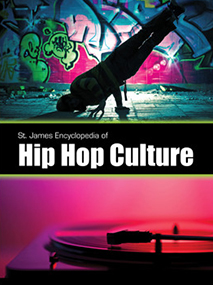Approach your annotations as a means for providing information to readers that will help them understand, analyze, or evaluate your letter. Based on class discussion, here are some elements to note:
Keep in mind, these documents reflect the personal, political, economic, or social perspectives of their creators. Don't forget to look beyond the content of your letter for clues to enhance your analysis.
PRACTICE: Consider the following letter from Angelica Schuyler Church to Thomas Jefferson. What elements of this letter might warrant an annotation or further research? What needs clarification or explanation? How will your annotations enhance a reader's analysis or interpretation of Angelica's writing?
Once you've selected a few key components of this letter, where will you look for this information? Be strategic! Different types of information will require specific resources.
Subject encyclopedias, handbooks and overviews are scholarly, tertiary works written by experts on a variety of topics. The articles are typically longer and more detailed than those found in general encyclopedias. These resources can help you with:
In Collins Library, the print reference collection is located on the first floor, and most of the online reference collection is available in one of the database collections listed below. Use Primo to identify subject encyclopedias in either format; or ask a librarian for recommendations.
Start with these subject encyclopedias and branch out as needed.
Print encyclopedias and dictionaries are located on the first floor of Collins Library.
 St. James Encyclopedia of Hip Hop Culture
by
Thomas Riggs
St. James Encyclopedia of Hip Hop Culture
by
Thomas Riggs